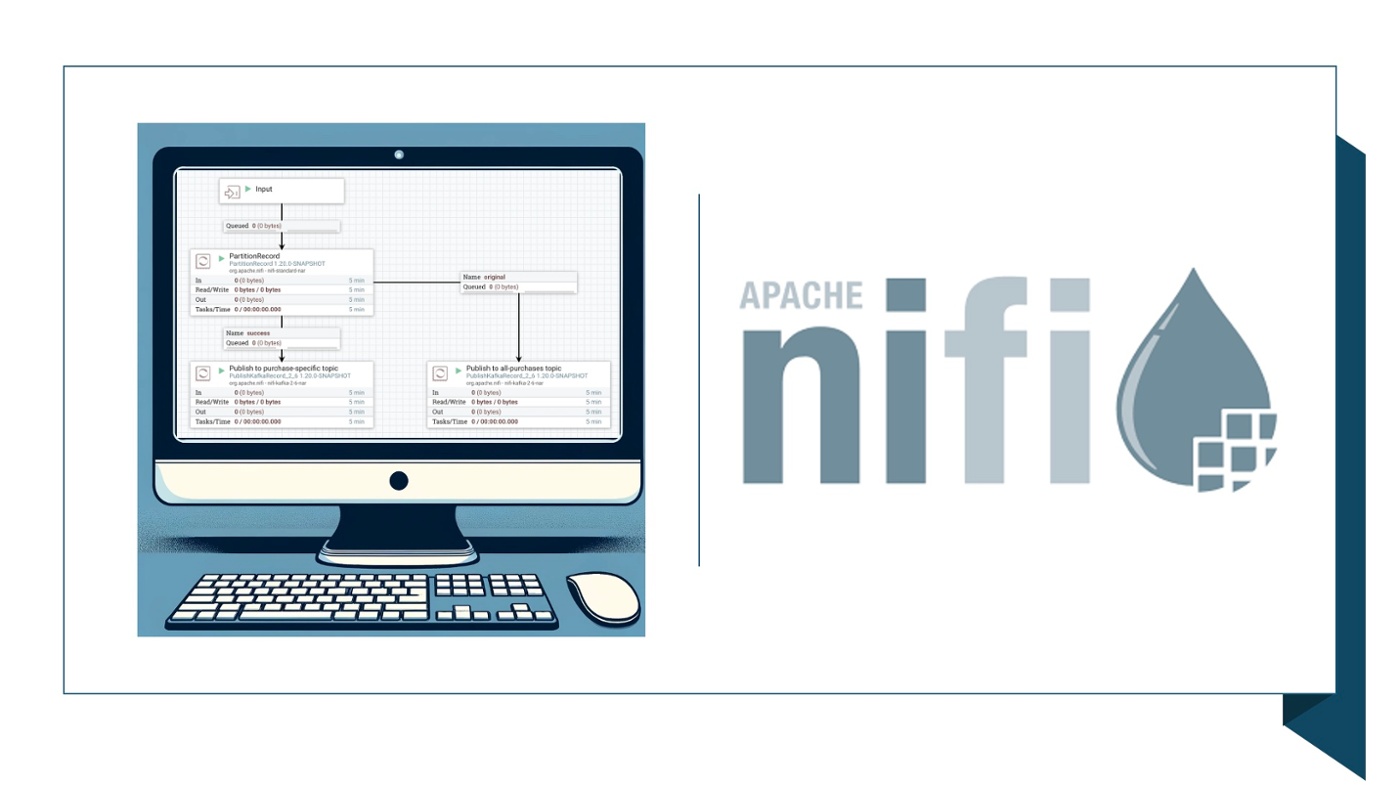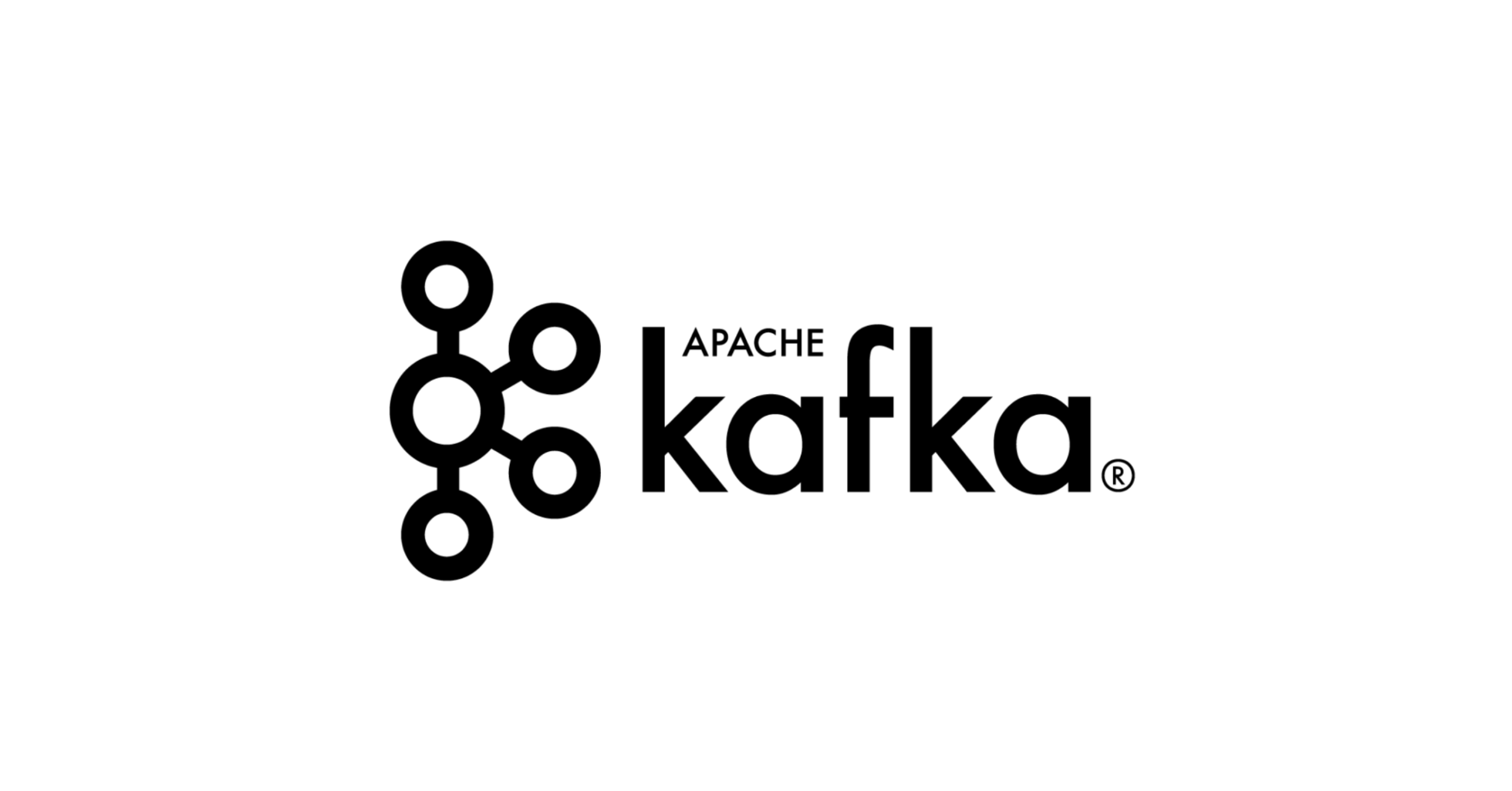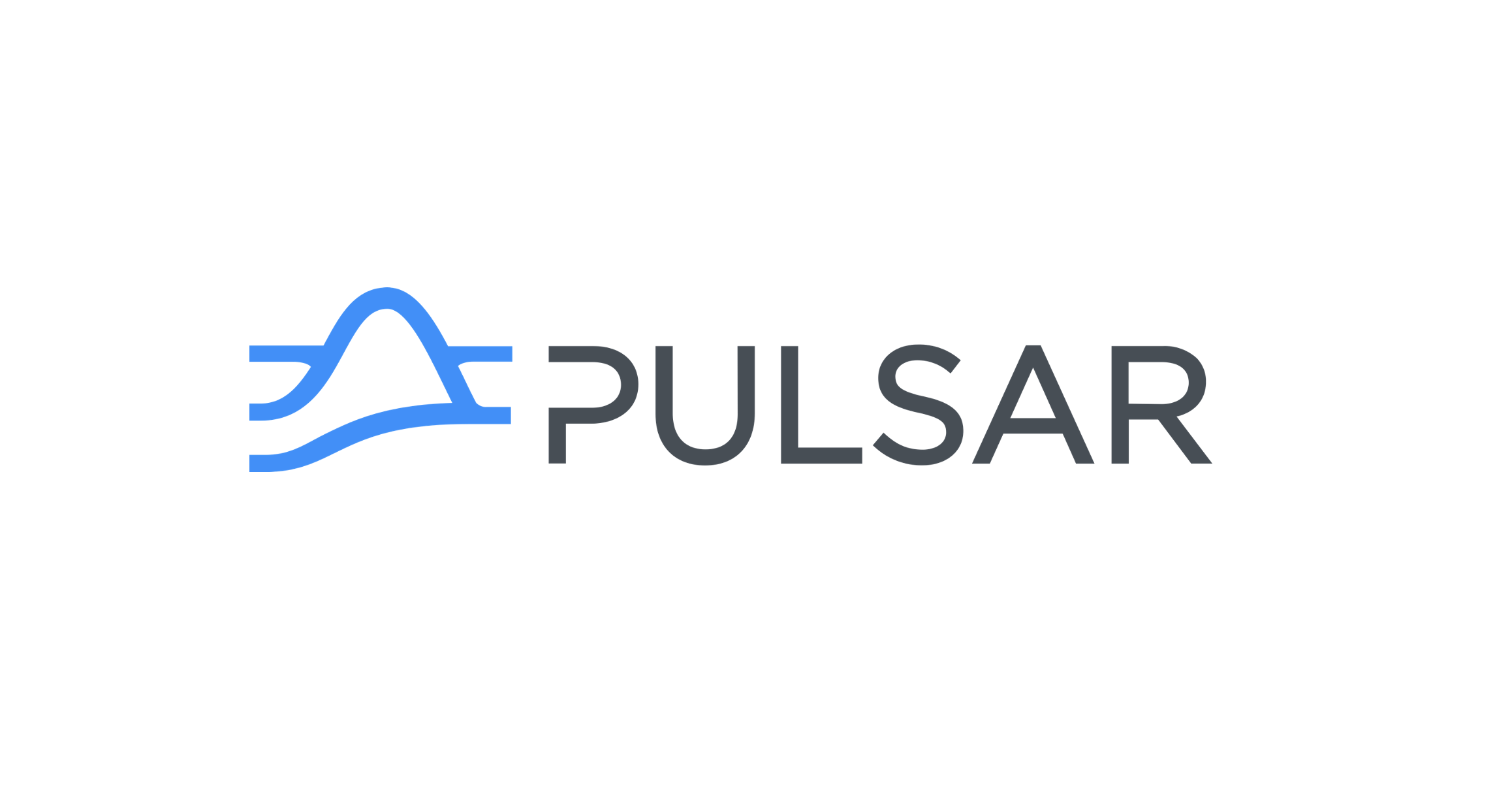Big Industries Academy
Apache NiFi Explained

Apache NiFi, a robust, scalable, and configurable data processing and distribution system, has become a cornerstone technology for data flow management. Its unique design philosophy, wide range of use cases, and comparison with tools like dbt (data build tool) provide a comprehensive view of its role in modern data architectures. In this blog post, we will explore where Apache NiFi comes from, how it is used, and how it compares to other ETL (Extract, Transform, Load) tools including dbt.
Origins of Apache NiFi
Apache NiFi was originally developed by the United States National Security Agency (NSA) and was later released as an open-source project to the Apache Software Foundation under the name "NiagaraFiles" in 2014. Since becoming part of the Apache project ecosystem, NiFi has evolved significantly, focusing on streamlining data flow management across complex systems.
Core Use Cases of Apache NiFi
NiFi is used predominantly for data routing, transformation, and system mediation. At its core, NiFi provides a web-based user interface to design, control, feedback, and monitor data flow. It supports scalable directed graphs of data routing, transformation, and system mediation logic. Here are some of the primary use cases:
- Data Ingestion: NiFi excels at ingesting data from numerous data sources, including file systems, databases, and log files, transforming it, and loading it to various data sinks.
- Data Transformation: It can perform various data transformation operations, like format conversion and filtering.
- Data Routing: NiFi can route data to different paths based on attributes and content within the data, making it ideal for complex data flow scenarios.
- Data Enrichment: It can enrich data as it moves through the system, by adding or transforming data features.
- Complex Event Processing: NiFi can handle event-driven data such as real-time logs and stream processing.
Apache NiFi vs. dbt
While Apache NiFi and dbt both handle data transformations, they serve different purposes in the data pipeline:
Apache NiFi is more about managing data flows, which includes data collection, routing, transformation, and distribution tasks. It operates on a wide variety of data formats and sources, providing a real-time, GUI-based approach to data flow management.
dbt (data build tool), on the other hand, is primarily a transformation tool that operates on data already loaded into a data warehouse. dbt is used to manage data transformations in SQL and build data models. It is not your tool of choice for data collection or real-time streaming.
Does Apache NiFi Replace Other ETL Tools?
Apache NiFi can complement or replace traditional ETL tools depending on the specific needs of an organization. Traditional ETL tools are typically designed for batch processing and might not handle real-time data streaming effectively. NiFi's strengths lie in its real-time capabilities, flexibility, and ease of use, especially in environments that require rapid, on-the-fly processing of data from diverse sources.
For organizations focused on batch processing and static workflows, traditional ETL tools might still be more suitable. However, for those needing real-time processing with complex and dynamic data flows, NiFi offers significant advantages.
Conclusion
Apache NiFi's origin as a project developed within the NSA has given it a strong foundation in handling complex, large-scale data flows securely and efficiently. Its capability to manage diverse and real-time data sets it apart from other tools like dbt, which are more focused on batch processing within data warehousing environments. While not a complete replacement for traditional ETL tools, NiFi represents a powerful alternative for modern data integration and processing needs, especially in scenarios where real-time insight and data flexibility are required. Whether you choose Apache NiFi, dbt, or another ETL tool, the key is to align the tool's capabilities with your organization's specific data management needs.

Matthias Vallaey
Matthias is founder of Big Industries and a Big Data Evangelist. He has a strong track record in the IT-Services and Software Industry, working across many verticals. He is highly skilled at developing account relationships by bringing innovative solutions that exceeds customer expectations. In his role as Entrepreneur he is building partnerships with Big Data Vendors and introduces their technology where they bring most value.




